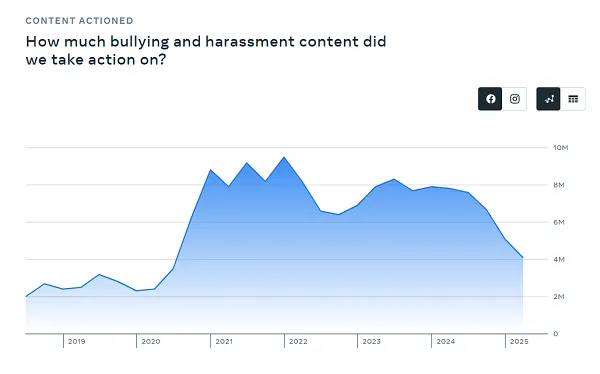Key Notes
- Storm faces maximum 5-year sentence for conviction, significantly less than potential 20-year terms for dismissed charges.
- Verdict establishes precedent that non-custodial crypto services may qualify as Money Service Businesses requiring compliance.
- Ethereum Foundation and Paradigm invested $1.75 million total in Storm’s legal defense highlighting industry-wide concerns.
This August 6th, the United States trial against Roman Storm, one of the developers and founders of Tornado Cash, has just ended after 4 weeks of jury deliberation to reach a verdict. The trial ended with the jury finding Storm guilty of operating an illegal money transfer business.
Journalist David Morris was reporting from the courtroom at the end of the trial. Concerning the other charges, Storm had a mixed verdict: on the money laundering charge, the jury did not agree, and the sanctions evasion charge was found not guilty. Since the jury did not agree on the money laundering charge, the state may retry Storm again until a final judgment is reached.
We have a verdict in US. v Storm pic.twitter.com/Bqo48mUpav
— The Rage (@theragetech) August 6, 2025
What Happens at The End of This Trial?
On the charge he was found guilty of, Storm could face a maximum sentence of 5 years in prison, compared to the other charges, which could have been 20 years each. At the end of the trial, the prosecutor requested that Storm be held in custody, but Judge Katherine Polk ruled that he could remain free on bail, pending the court’s final decision.
The Ethereum community and even other cryptocurrency communities were very attentive to this trial because of the precedents it could set in the U.S. justice system, according to the outcome. With this result, it establishes a precedent that non-custodial services of cryptocurrencies may fall under the definition of a Money Service Business (MSB) and have to comply with the regulations of this type of business in the country.
Waves Generated by The Trial of Tornado Cash and Its Developer
This trial began on December 2, 2024, after multiple attempts to avoid it by the defense, arguing that the right to freedom of speech protected programming. The lawsuit has been so relevant in the industry that even VC firm Paradigm donated $1.25 million for Storm’s legal defense. This was an example for the Ethereum Foundation to donate $500K to support Storm in his defense.
A curious fact is that by January 22, the U.S. Treasury reversed sanctions on the Tornado Cash service. The measure that notably helped Roman Storm achieve this result in his trial, which resulted in the dismissal of two of the charges he was accused of.
This verdict marks a pivotal moment for the cryptocurrency industry, as it establishes legal precedent for how privacy-focused protocols and their developers will be treated under U.S. law. While Storm avoided the most severe charges, the conviction sends a clear signal that regulators are willing to pursue developers of decentralized financial tools. The industry now awaits sentencing and potential appeals, which could further shape the regulatory landscape for privacy-preserving cryptocurrency technologies.
Disclaimer: Coinspeaker is committed to providing unbiased and transparent reporting. This article aims to deliver accurate and timely information but should not be taken as financial or investment advice. Since market conditions can change rapidly, we encourage you to verify information on your own and consult with a professional before making any decisions based on this content.

José Rafael Peña Gholam is a cryptocurrency journalist and editor with 9 years of experience in the industry. He wrote at top outlets like CriptoNoticias, BeInCrypto, and CoinDesk. Specializing in Bitcoin, blockchain, and Web3, he creates news, analysis, and educational content for global audiences in both Spanish and English.















